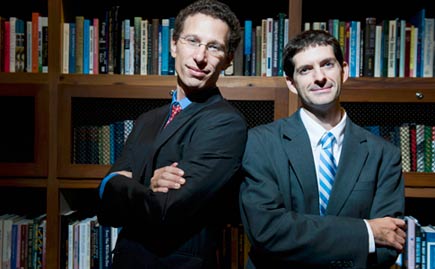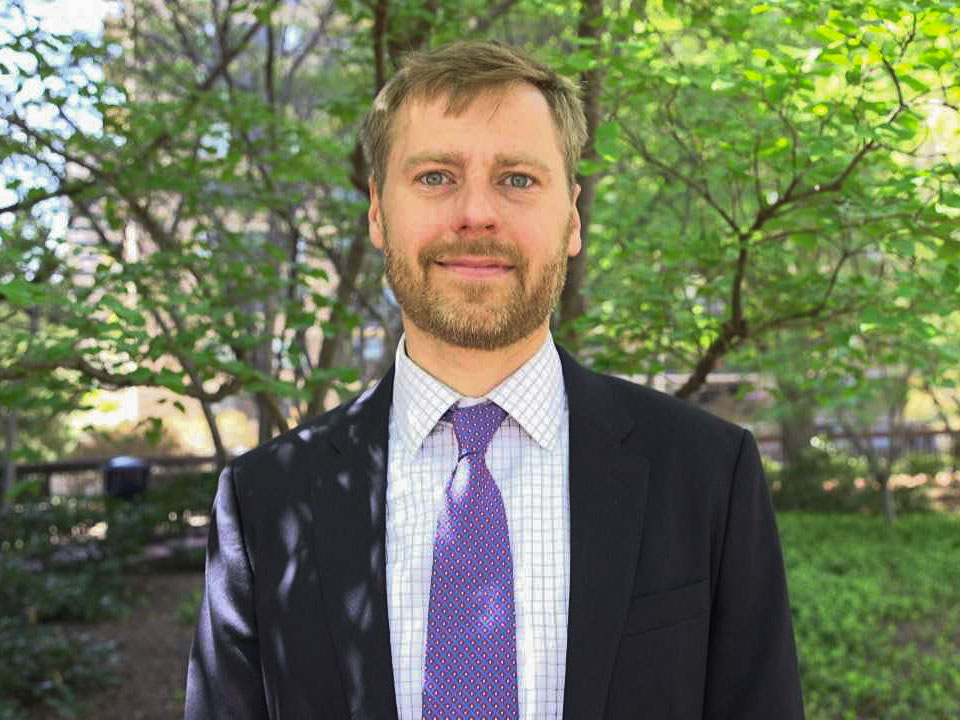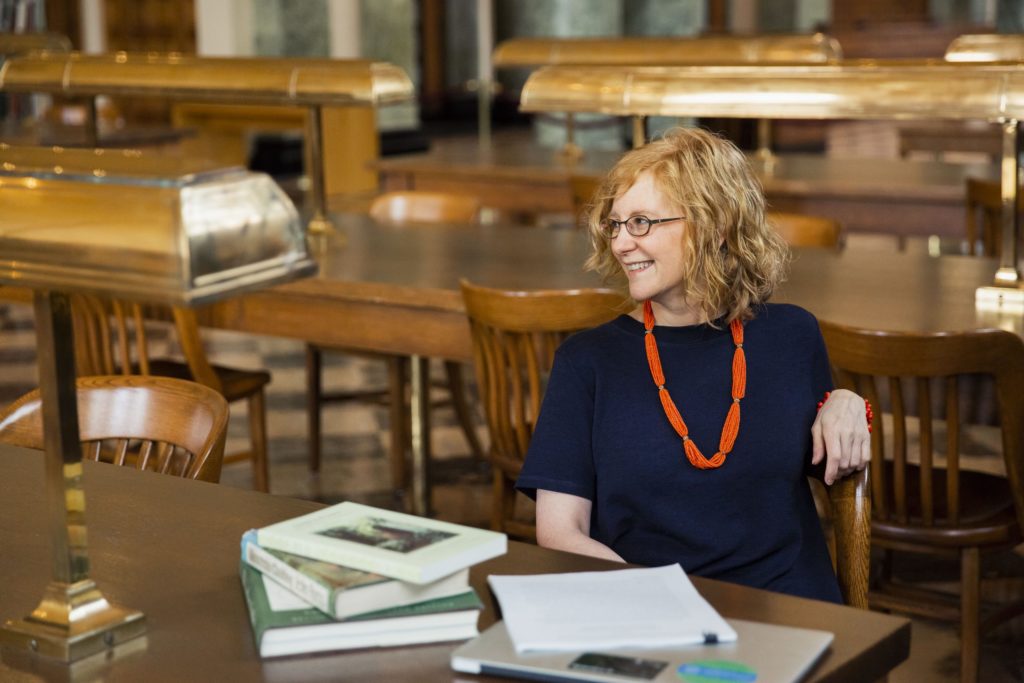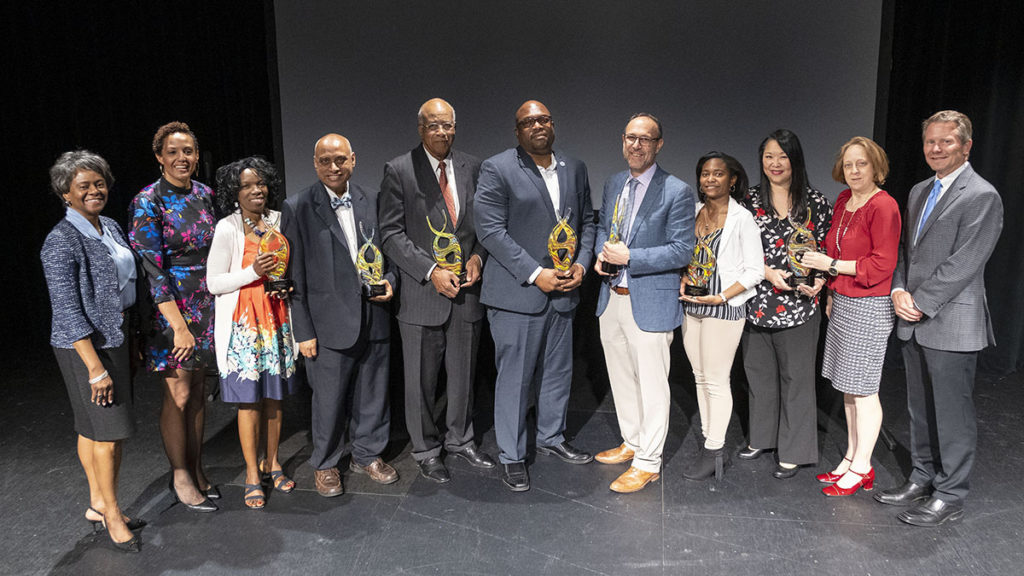This past summer, John Paul Balmonte worked on a once-in-a-lifetime research cruise traveling from New Zealand to Alaska.

A doctoral student in the Department of Marine Sciences at the University of North Carolina at Chapel Hill, Balmonte conducted research on the BacGeoPac cruise that focused on the activities of microbial communities that initiate the breakdown of organic matter at different depths and locations during the cruise. His findings will be incorporated into his doctoral dissertation on the relationships between hydrographic conditions, microbial community composition and organic matter degradation.
Organized by Meinhard Simon of the University of Oldenburg, chief scientist on the BacGeoPac cruise, the group left Auckland, New Zealand, on May 1, 2016, and traveled to Dutch Harbor, Alaska, arriving on June 3. Balmonte was joined by colleagues from research institutes and universities in Germany and Austria, including the University of Oldenburg, University of Vienna, German Collection of Microorganisms and Cell Cultures, and University of Göttingen.
Balmonte’s participation in the research expedition was supported by a Global Partnership Award which were launched in 2013 to help UNC faculty, staff and students sustain and develop partnerships with international institutions.
Balmonte said his advisor Carol Arnosti, professor in the Department of Marine Sciences, offered enormous help during the trip.
“We designed the experiments together and identified which part of the ocean we would like to target for these experiments,” Balmonte said. “We worked side by side with each other for one month.”
Besides his experiments, Balmonte also found the weather changes during the trip fascinating. Traveling from the southern hemisphere to the northern hemisphere, he was able to witness rapid season changes over the course of the one-month trip.
“In this latitudinal transect, we were able to experience just how different the environmental conditions are going from 35 degrees south all the way to 60 degrees north,” he said. “To be able to experience that all in one trip is a very rare opportunity.”
Born in Manila, the capital city of Philippines, and growing up in Los Angeles, Balmonte said he enjoys the slow pace of life in the Triangle. He also appreciates the University’s resources and top-notch faculty.
Despite the rigors of graduate work, his department’s supportive environment has made the transition to life and work in Chapel Hill smooth.
“Going through graduate school [can] be isolating…it’s important to have the opportunity to take a step back, go back to your support network, gain some perspective from that and refresh your brain in order for you to tackle again more challenges and opportunities,” Balmonte said.
“I found a really good place to work with great people who are very reputable in the field, who do great research that aligns with my own research interests,” he elaborated.
Compared to other public institutions, Balmonte believes, UNC’s liberal arts curriculum and emphasis on both research and teaching makes it special. “Despite being such a large institution with a heavy research emphasis, it’s still able to maintain a liberal arts feel to it,” he said.
Reflecting on the trip, Balmonte said he is grateful for the opportunity to collaborate with international scientists.
“It really propels our laboratory, our work going beyond just UNC.”
The Global Partnership Awards are managed by the Global Relations office with support from the Chancellor’s Global Education Fund. For more information about application requirements and instructions, visit the Global Partnership Award page on the UNC Global website.
By Wei Zhou ’17




